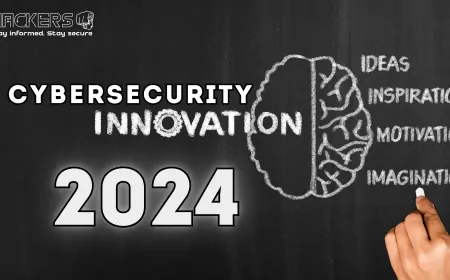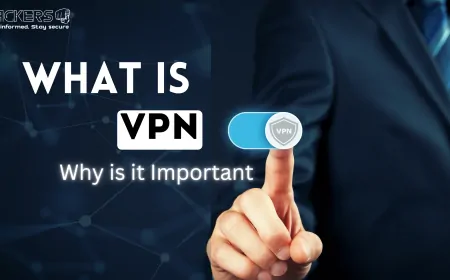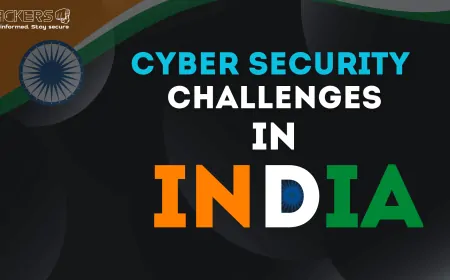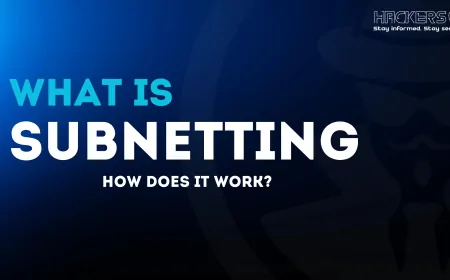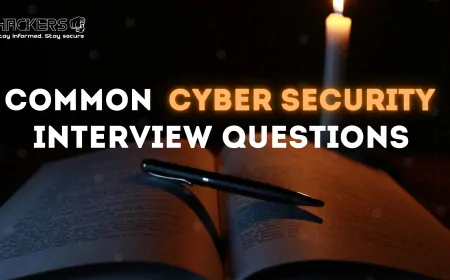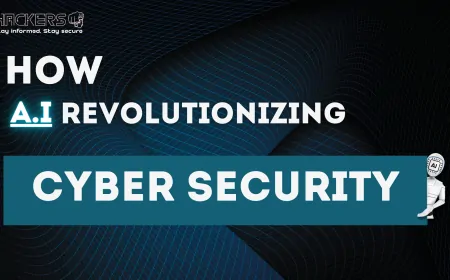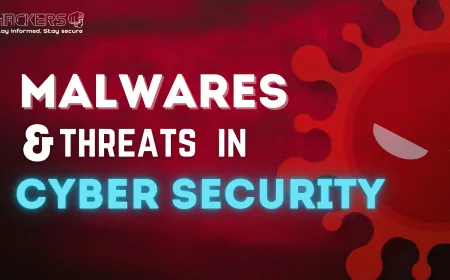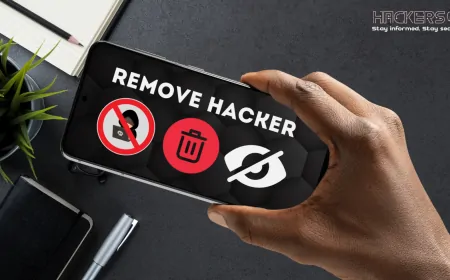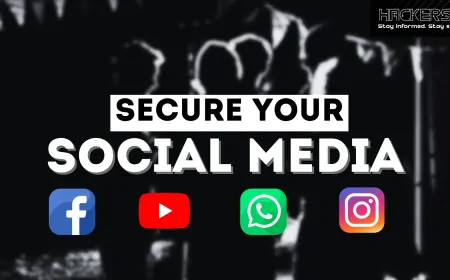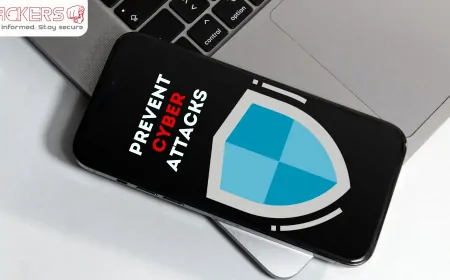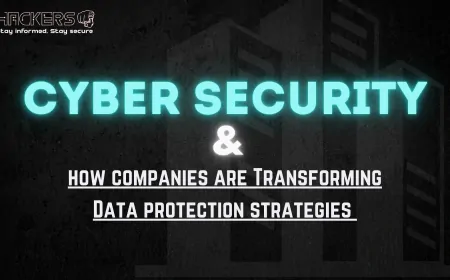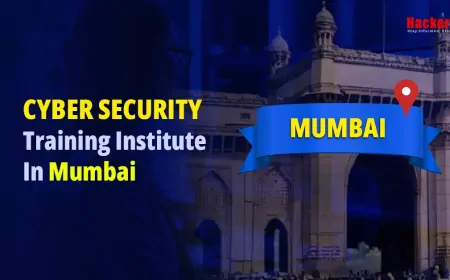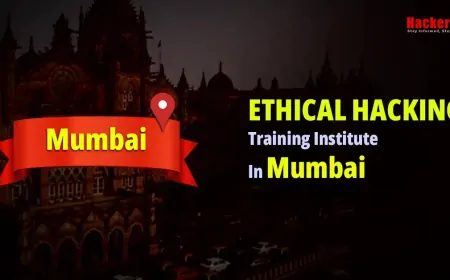What is a VPN and Why Is It Essential for Online Security?
Learn what a VPN is and how it enhances online security. Discover why a VPN is essential for protecting personal data, maintaining privacy, and securing internet connections in 2024.

Introduction
As we navigate through the digital age, online security has become more crucial than ever. The internet is brimming with threats such as data breaches, identity theft, and cyber-attacks, which can wreak havoc on both individuals and organizations. With the rise of these threats, many are looking for ways to secure their personal and professional online presence. One of the most effective tools for online protection is a Virtual Private Network (VPN).
1. What is a VPN?
A VPN is a service that creates a secure, encrypted connection between your device and the internet. It essentially acts as a “tunnel” for your online activity, masking your real IP address and encrypting your internet traffic to prevent third parties from monitoring or intercepting your data. By using a VPN, you ensure that your browsing and online transactions are conducted in a secure and private environment.
2. How a VPN Works
When you connect to the internet via a VPN, your internet traffic is rerouted through a remote server operated by the VPN provider. This masks your real IP address, making it appear as though you're browsing from the VPN server’s location rather than your actual physical location. Along with this, the VPN encrypts your data, protecting it from hackers, cybercriminals, or even your Internet Service Provider (ISP).
3. Types of VPNs
| Type of VPN | Description |
|---|---|
| Remote Access VPN | Allows individuals to connect securely to a private network from anywhere. |
| Site-to-Site VPN | Connects multiple office locations securely, typically used by businesses. |
| Personal VPN | Used by individuals for secure internet browsing and bypassing restrictions. |
4. Why Is a VPN Essential for Online Security
Using a VPN is essential for several reasons:
-
Protecting Your Personal Data:
VPNs encrypt your internet traffic, ensuring that sensitive information such as passwords, credit card details, and personal communications remain private. Without a VPN, hackers can intercept unencrypted data through techniques like man-in-the-middle attacks, especially on public networks. -
Avoiding Public Wi-Fi Threats:
Public Wi-Fi networks are notorious for being insecure, making them prime targets for cybercriminals. A VPN helps secure your connection by encrypting your data, preventing hackers from eavesdropping on your online activity when using public Wi-Fi in cafes, airports, or hotels. -
Bypassing Geographical Restrictions:
Some content and services, such as streaming platforms or news websites, are geo-blocked in certain countries. A VPN allows you to bypass these restrictions by making it appear as though you're browsing from a location where the content is available. -
Preventing ISP Tracking:
ISPs can monitor your browsing history and sell that data to third parties for advertising purposes. By using a VPN, you hide your activity from your ISP, enhancing your online privacy. -
Safeguarding Against Cyber Attacks:
VPNs add an additional layer of security against cyber attacks, such as phishing or DDoS (Distributed Denial of Service) attacks, by masking your IP address and reducing your exposure to these threats.
5. How to Choose the Right VPN Service
When selecting a VPN,there are several features to consider:
| Feature | What to Look For |
|---|---|
| Encryption Strength | Look for services using AES-256 encryption, the highest standard for security. |
| No-Logs Policy | Ensure that the VPN provider does not track or store your browsing history. |
| Server Locations | The more server locations offered, the easier it will be to bypass geo-restrictions. |
| Speed & Performance | A good VPN should not significantly slow down your internet connection. |
| Compatibility | Make sure the VPN works with all your devices, including smartphones, laptops, and tablets. |
6. Popular VPN providers include
- ExpressVPN
- NordVPN
- CyberGhost
- Surfshark
7. Common Misconceptions About VPNs
While VPNs are a great tool for enhancing privacy and security, there are a few misconceptions:
-
VPNs Are Not Completely Anonymous:
Although VPNs hide your IP address, they do not make you fully anonymous online. Websites may still track you using cookies, and the VPN provider may still have some access to your data. -
VPNs Are Only for Tech-Savvy Users:
Many VPN services are user-friendly, even for those with minimal technical knowledge. Setting up and using a VPN has become simpler with most providers offering easy-to-use apps. -
Free VPNs Are Sufficient:
Free VPN services may come with security risks, including data logging or limited encryption. Premium VPNs tend to offer stronger protection and faster speeds.
8. Limitations of Using a VPN
While VPNs enhance online security, they are not a cure-all.Some limitations include:
-
Doesn’t Protect Against Malware or Phishing:
A VPN protects your internet traffic but cannot prevent you from falling victim to malware, phishing attacks, or malicious downloads. Complement your VPN with antivirus software for comprehensive protection. -
Can Be Blocked by Certain Websites or Services:
Some websites, especially streaming services, may block VPN traffic in an effort to enforce regional restrictions or prevent content piracy.
Conclusion
In an age where digital security is paramount, VPNs play an essential role in safeguarding online privacy and protecting against cyber threats. By encrypting internet traffic, hiding your identity, and securing your data from hackers, a VPN offers a crucial line of defense. As the internet continues to evolve, a reliable VPN will remain an indispensable tool for ensuring secure and private online activity.
(FAQs)
1. What is a VPN and how does it work?
Answer: A VPN (Virtual Private Network) is a service that encrypts your internet connection and routes it through a secure server to ensure privacy. It masks your real IP address, making your online activities more secure and private. When you connect to a VPN, your data is sent through an encrypted tunnel, making it harder for hackers or third parties to intercept your information.
2. Why should I use a VPN for online security?
Answer: Using a VPN enhances your online security by protecting your personal information from hackers, especially when you’re using public Wi-Fi networks. It also helps to mask your browsing activity from ISPs, prevents third parties from tracking you, and allows you to access geo-restricted content safely.
3. Can a VPN prevent all cyber threats?
Answer: While a VPN helps protect your data from being intercepted and adds privacy, it is not a comprehensive solution for all types of cyber threats. It doesn’t protect against malware, phishing attacks, or malicious websites. For complete security, you should combine a VPN with other tools like antivirus software and a firewall.
4. Is using a VPN legal?
Answer: Yes, using a VPN is legal in most countries. However, in some countries like China, Russia, and the UAE, there are strict regulations regarding VPN usage, and they may be banned or heavily monitored. Always check your local laws before using a VPN in these regions.
5. Does a VPN make me completely anonymous online?
Answer: A VPN enhances your privacy by hiding your real IP address and encrypting your internet traffic, but it does not make you completely anonymous. Websites can still track you through cookies, and your VPN provider may also have access to certain information. To ensure better anonymity, you can combine a VPN with privacy-focused browsers and tools like Tor.
6. Can I use a free VPN?
Answer: While free VPNs may seem appealing, they often come with limitations. Many free VPNs provide slower speeds, fewer security features, and may even log your activity for advertising purposes. It’s recommended to use a paid, reputable VPN service that guarantees strong encryption and a strict no-logs policy.
7. Will a VPN slow down my internet speed?
Answer: Using a VPN may cause a slight decrease in internet speed due to the encryption process and the extra distance your data must travel through the VPN server. However, high-quality VPN services offer servers optimized for speed, and the impact on performance is often minimal unless you are performing data-heavy activities like streaming or gaming.
8. How do I choose the best VPN for my needs?
Answer: When choosing a VPN,consider the following factors:
- Security: Look for strong encryption standards like AES-256 and a no-logs policy.
- Server Locations: More servers offer more options to bypass geographical restrictions.
- Speed: Choose a VPN that provides fast connections, especially if you stream or game online.
- Device Compatibility: Ensure the VPN works across your devices, such as smartphones, tablets, and computers.
9. Can I use a VPN on my phone?
Answer: Yes, most VPN services offer dedicated apps for smartphones and tablets. You can download the VPN app from your phone’s app store (iOS or Android) and configure it to secure your mobile internet connection.
10. Are there any downsides to using a VPN?
Answer: While VPNs provide significant online security benefits, they are not without their limitations. Some websites and streaming services actively block VPN traffic. Additionally, using a VPN might slightly slow down your internet speed. It's also important to choose a trustworthy VPN provider to ensure your data is truly secure.
What's Your Reaction?








